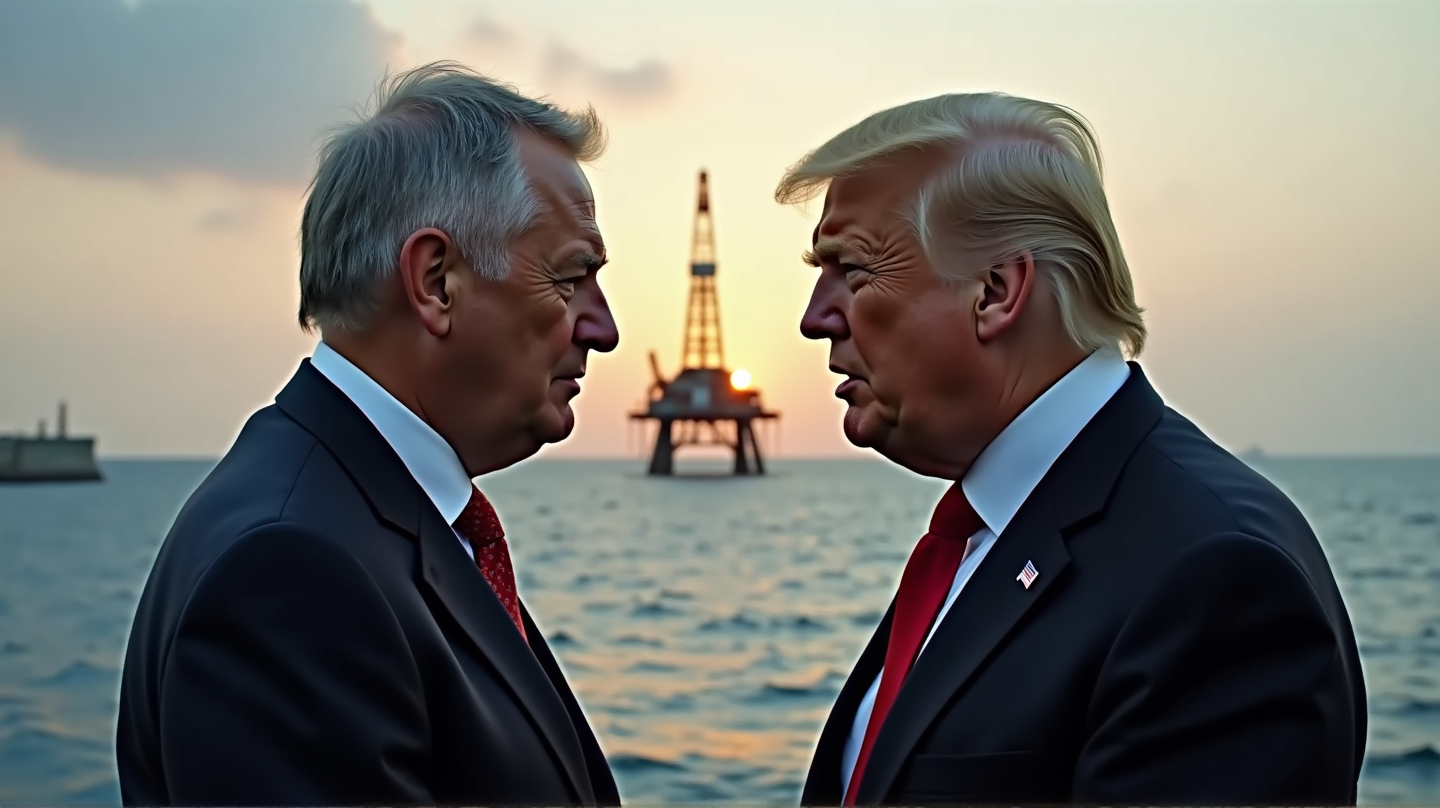Orbán's Stark Warning to Trump: Russian Energy A Lifeline for Hungary
Amid rising global tensions, Hungary sparks debate by choosing crucial Russian energy. Orbán tells Trump cutting ties could devastate their economy.

When Hungarian Prime Minister Viktor Orbán speaks, the world listens. His recent declaration that Hungary will continue sourcing fossil fuels from Russia, despite urging otherwise from former U.S. President Donald Trump, has sent ripples through global discourse, bringing into question the balance between national interests and global alliances.
The Tug of War Over Energy
In a world striving for energy independence from Russia due to its controversial actions in Ukraine, Hungary stands as one of the few European nations still tethered to Russian oil and gas. Orbán’s recent exchange with Trump highlights a resolute stand — Hungary will not abandon this lifeline, deeming a shift to Western energy sources economically devastating. According to NBC News, Orbán put it bluntly: “Without Russian oil and natural gas, the Hungarian economy would be on its knees.”
Trump’s Challenge: The Call for Unity
Trump, an advocate for strengthening NATO’s unity and a vocal figure in international politics, has called on nations to cease energy purchases from Russia. His assertion is clear: cutting financial ties with Russia could hasten an end to the Ukraine conflict. However, Orbán, with his close ties to the Kremlin, remains adamant about Hungary’s energy policy. He insists that geostrategic and infrastructural limitations bind Hungary to its current energy path.
The Hungarian Perspective: A Sovereign Stand
Orbán’s position is not just economic but strategic, illustrating the complex web of dependencies and alliances in the modern world. While geographic constraints are indeed significant, Orbán’s comments underscore a deeper principle: Hungary’s sovereignty and right to prioritize its national interests. “America has its arguments and interests, and Hungary does too,” he remarked, echoing the sentiment of a nation standing firm in its choices.
Regional Dynamics: A Mixed Response
Interestingly, Hungary’s stance contrasts with some of its neighbors. The Czech Republic and Slovakia present differing narratives, having either ceased or continued energy imports from Russia. This divergence in the region showcases the multifaceted nature of energy politics and national security concerns.
The Future of Hungary’s Energy Policy
Orbán’s unwavering reliance on Russian fossil fuels shines a light on an ongoing tug of war in Europe. As the EU attempts to reduce its dependence on Russian energy, Hungary’s path remains deeply entwined with Russia. The outcome of this energy debate will define Hungary’s economic future and its role within the broader European sphere.
Hungary’s energy policy is, for now, firmly rooted in Russian soil, standing as a testament to the challenges of transitioning in an interconnected world. How this plays out on the world stage remains to be seen, but Orbán’s message is unyielding, “It is clear what is in Hungary’s interest and we will act accordingly.”





